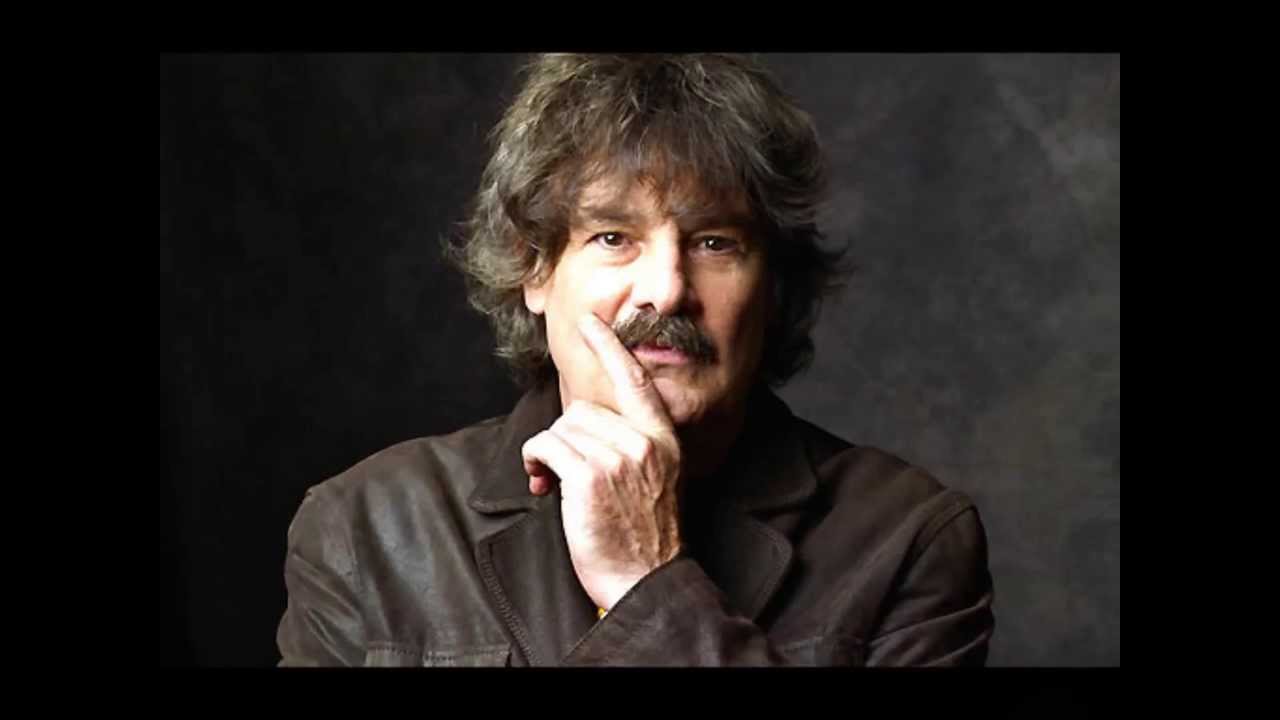By Gord Ellis
Burton Cummings is a true Canadian icon and an artist as tough and talented as they come. The music he made while fronting The Guess Who is hard to put in a specific genre, although “Canadiana” is a possibility. What other band or singer could so effortlessly sell a song called “Runnin’ Back to Saskatoon”? Because, let’s face it, no one does that.
Despite Cummings and The Guess Who’s deep Winnipeg roots and overall Canadian-ness, they were a huge act in the States with a remarkable string of hits. So much so a pale, rip-off “Guess Who,” featuring only the band’s original bass player, continues to tour steadily south of the border to this day – yeah, the songs were that big. Cummings is a vocalist, musician, and writer nearly without peer, yet there is also something mildly annoying about him. There is some diva there, and that can make liking him a chore. Don’t get me wrong, I say this as a true fan. My late childhood and early teens were spent playing The Best of the Guess Who ad nauseum and even now that music regularly finds its way into my truck.
Cummings left The Guess Who and went solo around 1976. I was 14 then and old enough to go to rock concerts. One of the very first rock shows I attended at the Fort William Gardens was Burton Cummings. It was fantastic, and I have many vivid memories of the concert—and of Cummings. He was all curly hair and moustache and sweated profusely. The band he’d put together rocked and there were enough The Guess Who chestnuts mixed in to keep the old fans happy.
He was also in a good mood that night and it’s easy to imagine why. Cummings was on a crest of solo success that would run from 1976 through to the early 80s, culminating in a string of solo hits including “Stand Tall,” “Break It To Them Gently,” “Fine State of Affairs,” “You Saved My Soul,” and “I Will Play a Rhapsody” – all songs that were inescapable on the radio back then. After that run of hits, Cummings’ career and musical output became spotty. He has a had recent popular resurgence, although not much of it has to do with new music.
Back to Cummings being a prickly character. It’s a part of his history. An example: the last time I saw Cummings, at the Thunder Bay Community Auditorium a couple years back, an otherwise stellar performance was marred by his very vocal concerns about the air conditioning. My wife, who was with me, was ready to leave the show if he complained one more time. So the crowd sweltered, although Cummings was visibly happier once he got his way. One of my very first celebrity Facebook friends was Cummings. That lasted about two months before I checked out; the tirades were many and he rarely pulled punches with ex-band members, agents, and others he felt had wronged him. It all felt like a bit much considering his towering talent and amazing career, although Cummings might argue there is no place for “nice” in rock and roll.
Luckily, despite all, the songs, and that voice, are gloriously intact. And there have been signs of his mellowing in recent years. And why not? Cummings songbook, from “American Woman” to “These Eyes,” continues to be widely covered. They are towering achievements in rock and roll.
This month, at the Junos, Burton Cummings is slated to receive a lifetime achievement award. It’s hard to imagine a Canadian musician more deserving.















